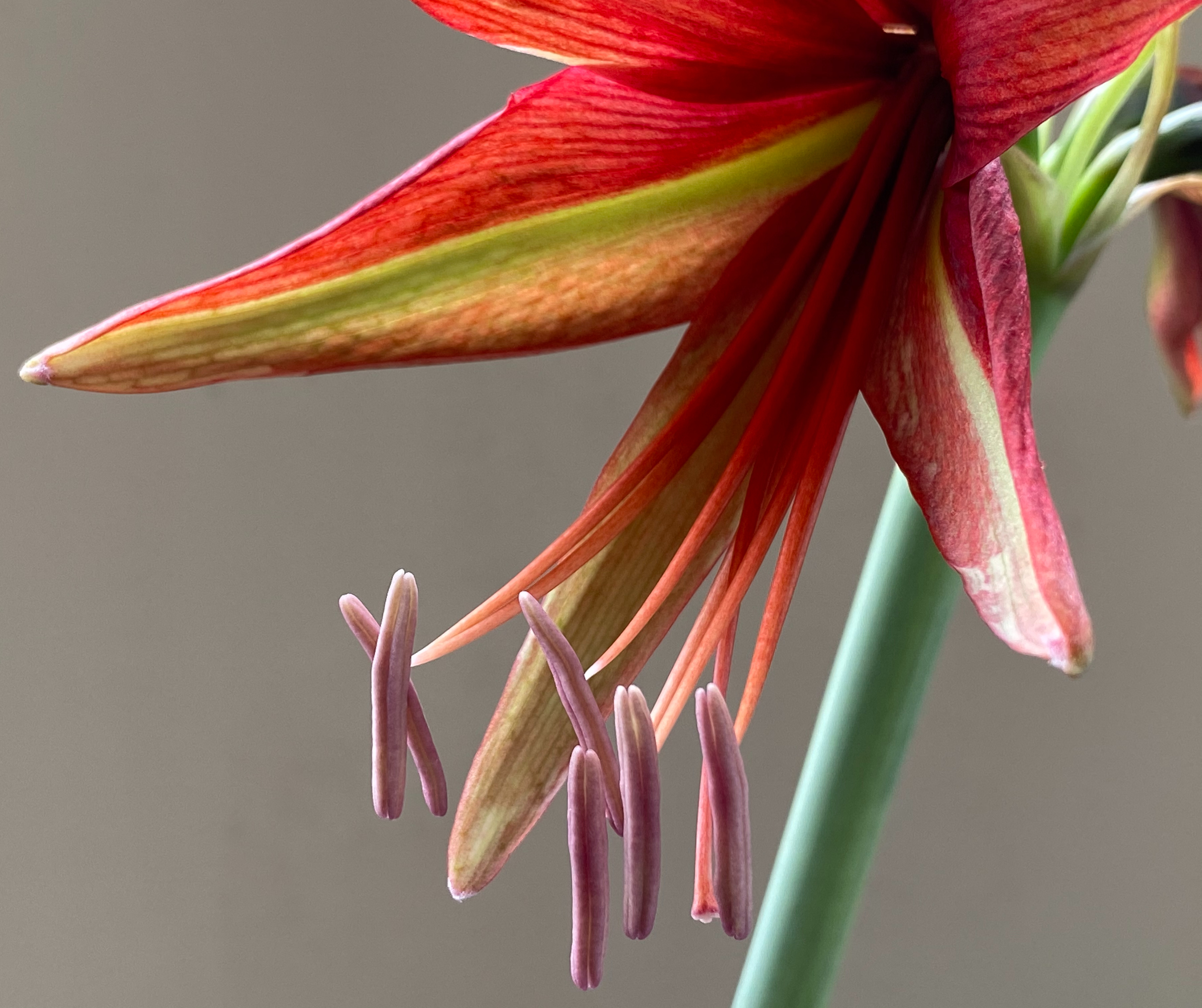
Climate Crisis Endangers the Coastal Gullah Geechee Community
The Gullah Geechee people are descendants of enslaved Africans who have resided along the southeastern coast of the United States for generations. This unique community, with its distinct language, customs, and cultural heritage, is now confronting a critical and immediate threat – climate change.
Threat of Rising Sea Levels
One of the most urgent challenges for the Gullah Geechee community is the escalation of sea levels. With the rise in global temperatures, melting ice caps and expanding oceans are pushing coastal waters further inland. This poses a direct danger to the homes and livelihoods of the Gullah Geechee people.
Impact of Intensifying Storms
Climate change is also resulting in more frequent and severe storms in the region. Hurricanes and tropical storms can cause extensive damage, impacting homes, crops, and infrastructure. The Gullah Geechee, who depend on fishing, farming, and tourism, are especially vulnerable to these extreme weather events.
Potential Loss of Cultural Heritage
As sea levels continue to rise and storms grow in intensity, the Gullah Geechee face the risk of losing not just their homes and means of living but also their cultural legacy. Many historical sites and burial grounds along the coast are in jeopardy of being washed away, erasing centuries of history and tradition.
Urgent Call to Action
It is crucial that immediate action is taken to address the impact of climate change on the Gullah Geechee community. This involves adopting sustainable coastal development practices, investing in climate-resilient infrastructure, and supporting initiatives that safeguard the cultural heritage of this unique population.
Final Thoughts
The Gullah Geechee community is an integral part of the diverse tapestry of American history and culture. As climate change jeopardizes their way of life, it is our duty to stand in solidarity with them and strive towards a sustainable future that preserves their heritage for future generations.
